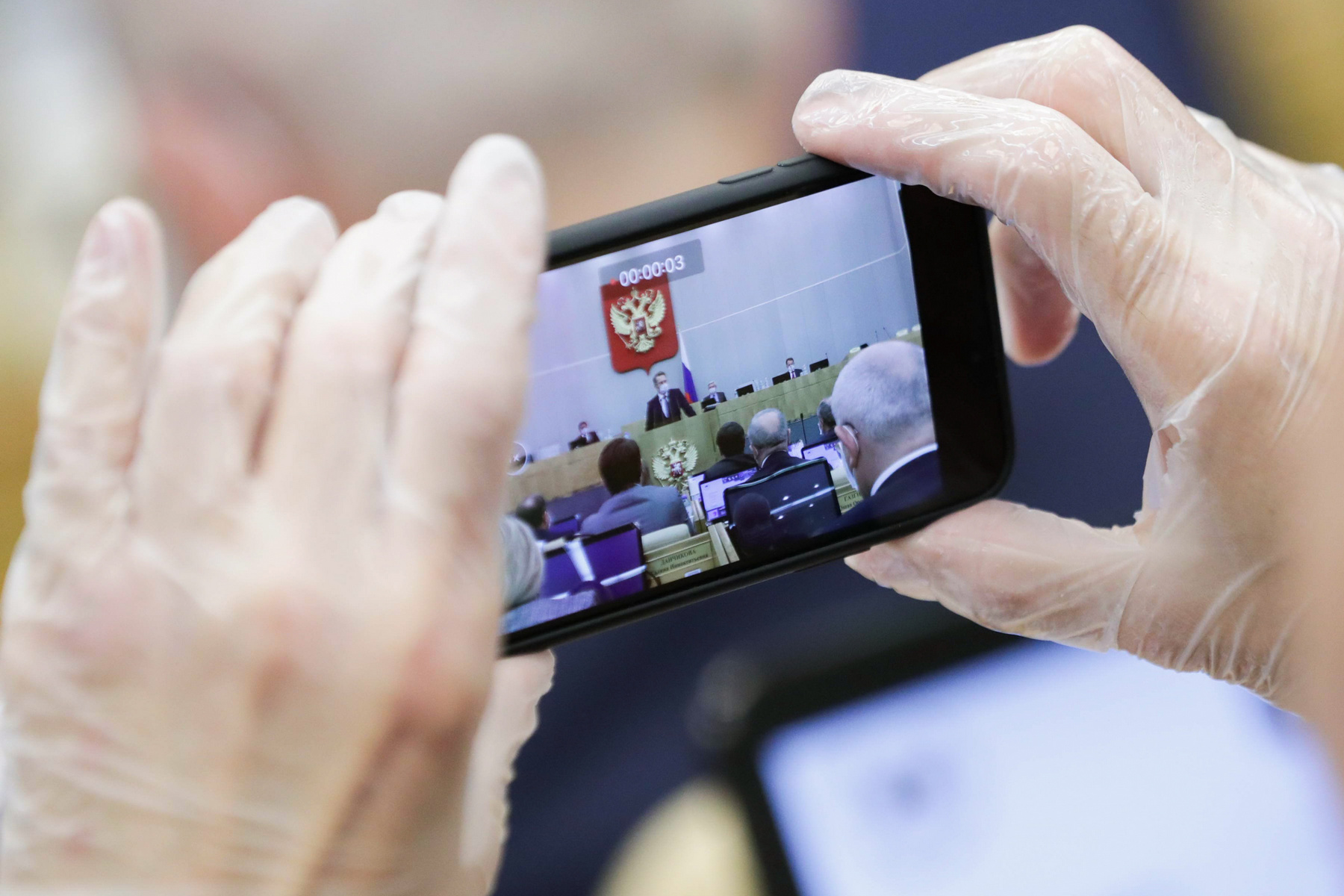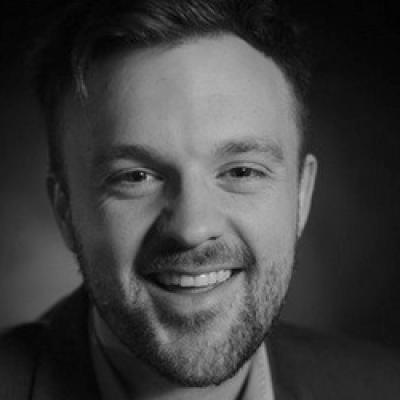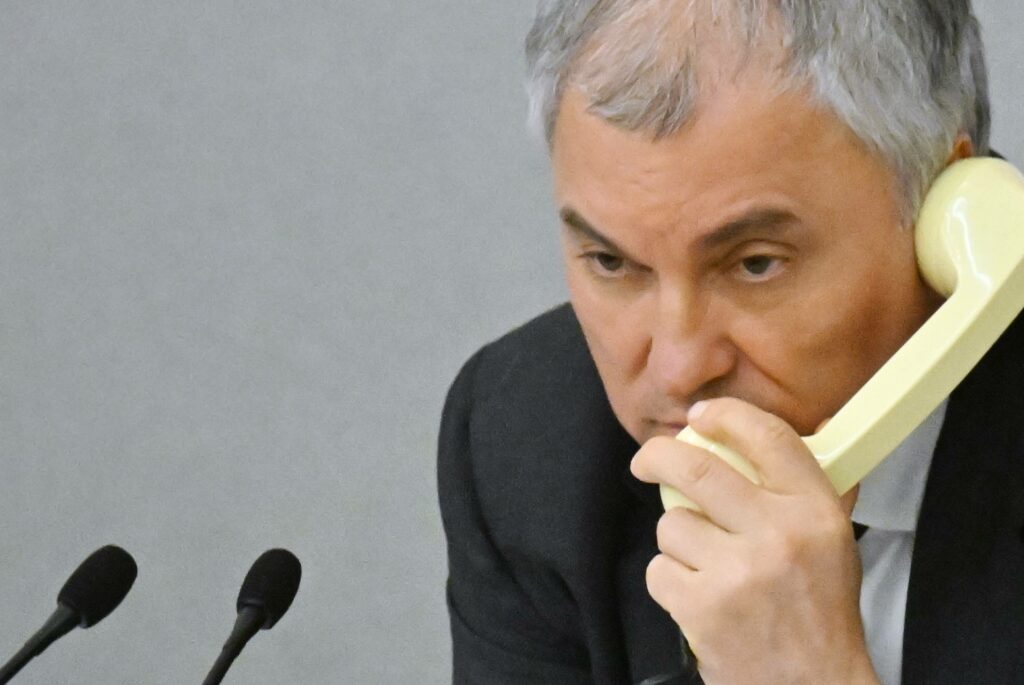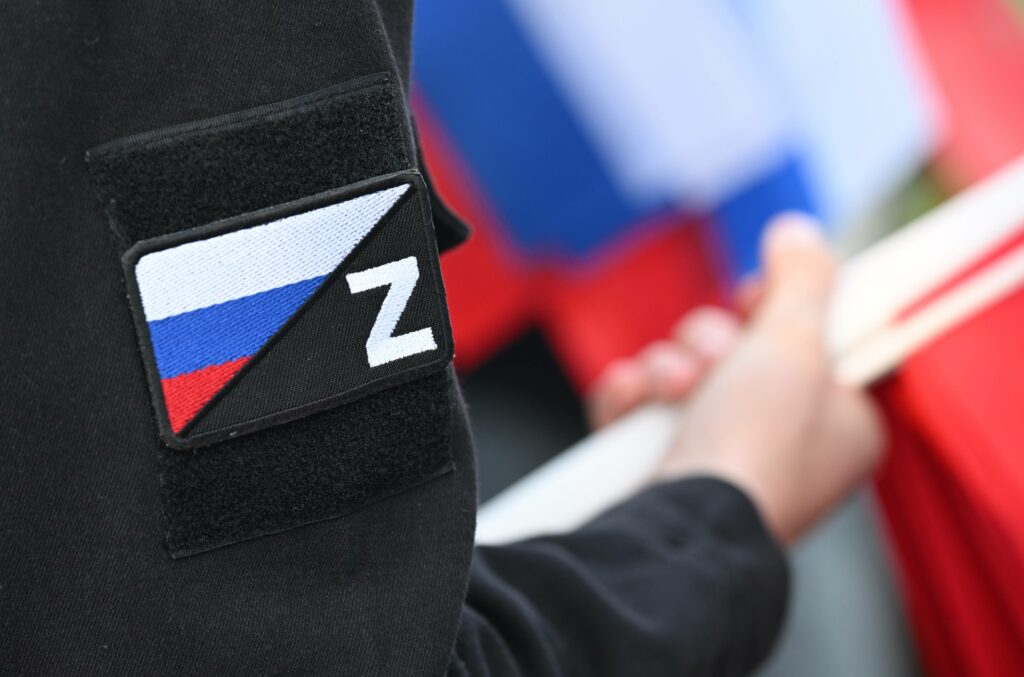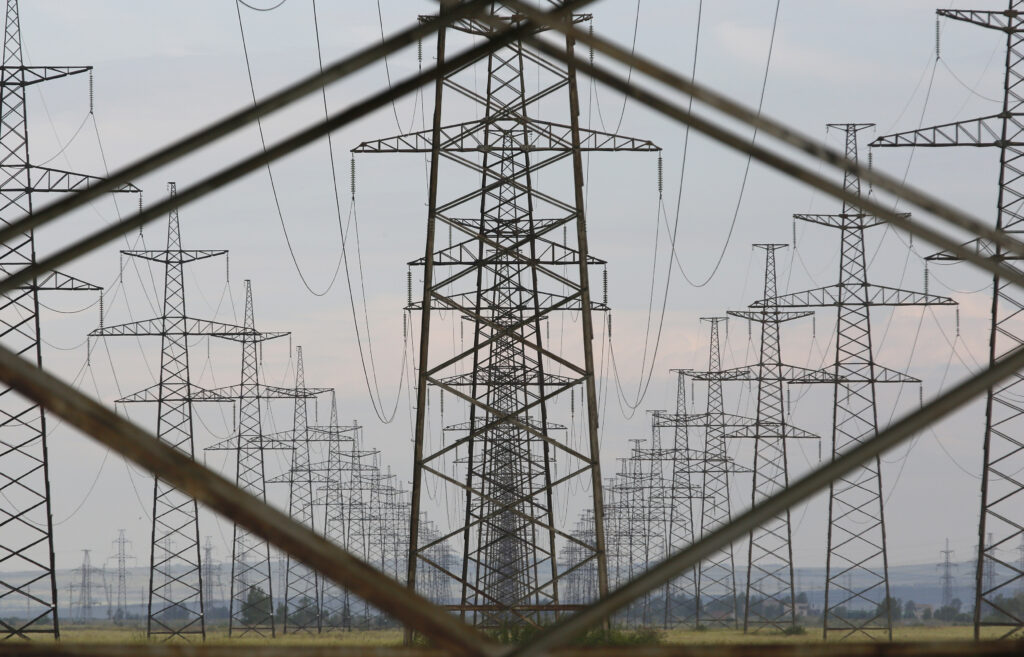The Duma’s first plenary meeting of 2020 took place on 14 January — one day before Vladimir Putin’s Address to the Federal Assembly, which publicly launched his constitutional reform project.
By far the most notable episode during the spring session related to this project: a last-minute amendment proposed by Valentina Tereshkova to Putin’s constitutional reform bill in its second reading on 10 March. This «zeroed» the sitting president’s term record, allowing him to run again for the presidency in 2024 and stay in post until 2036.
Beyond constitutional changes, the coronavirus loomed large in the session.
The Duma’s attendance and agenda
The pandemic affected the Duma’s attendance and agenda. Figure 1 shows the number of deputies registered as present at the start of plenary meetings, comparing the spring sessions of 2019 and 2020.

Figure 1: Number of State Duma deputies registered as present at the start of plenary sessions, January-July 2019 and 2020 (data from http://transcript.duma.gov.ru/).
The drop in deputy attendance across March in 2020 is clear. Then came a steady rise in numbers from May through to the end of July. Due to the pandemic, the Duma leadership also decided to reduce the number of weekly plenary meetings from three to two. So there were 42 such meetings in the 2020 spring session, compared to 57 in 2019.
On 12 May, the State Duma held its first plenary session since 17 April. Preparing for the resumption of large gatherings of deputies, the Duma Council — the lower chamber’s steering body, headed by the speaker, Vyacheslav Volodin — made a decision on 8 May that deputies should wear medical masks and gloves during plenary sessions.
And yet, at the 12 May session, Volodin wore neither a mask nor gloves. Business as usual, it would seem.
Other legislators were more cautious. There were various reports and pictures of deputies wearing badges (with a white cross on a black background) that wearers thought would somehow protect them from the coronavirus.
Vladimir Putin’s spokesman, Dmitry Peskov, said in an interview with Kommersant that his contraction of the virus might have resulted from a decision to stop wearing his own «virus-blocking» badge, following comments by journalists that it might have negative consequences.
Badge or no badge, on 8 July, Volodin stated that 35 Duma deputies had caught the virus. This is unlikely to be the final figure: on 27 July, Anton Shipulin — the decorated former biathlete and current deputy for United Russia — announced that he had also contracted the virus.
What about the Duma’s agenda? The impact of the coronavirus on the lower chamber’s agenda can be seen with word usage during plenary meetings. Figure 2 shows the frequency with which three words — «covid», «ковид», and «коронавирус» — got mentions on the Duma floor.

Figure 2: Virus-related word usage on the Duma floor, January-July 2020 (data from http://transcript.duma.gov.ru/). The data presented in figure 2 was collected and processed by Eugenia Nazrullaeva, for which the author is very grateful.
The word frequencies show peak usage as the scale of the coronavirus challenge became clear in the middle of March. Then came a clear reduction in attention for most of July, before a spike in references during the final plenary meeting.
Breaking Duma rules
One topic combined constitutional reform and the coronavirus: voting and electoral legislation changes. The challenges associated with holding the novel «nationwide vote» — neither a referendum, nor an «all-national vote» (vsenarodnoe golosovanie) as noted in the Constitution — were compounded by the epidemiological situation. This prompted new thinking about the logistics of voting in general.
Significant changes to legislation were adopted by the Duma in May and July. These allowed — or widen the possible use of — multi-day voting and voting outside of polling stations. Rather than discuss the changes themselves, the way these changes were made is worthy of comment in itself.
Both the May and July changes to electoral legislation were made in clear violation of the Duma’s law-making rules (spelled out in its standing orders — reglament). And this violation confirms something that’s already apparent about the recent constitutional-political changes in Russia.
In his 15 January Address to the Federal Assembly, Vladimir Putin spoke of «very serious changes to the political system […] [including those to] increase the role and importance of the country’s parliament, the role and importance of the State Duma». This jars, however, with the content of the final amendments made to the 1993 Constitution (which, if anything, weaken the Duma relative to the president.) Equally, the idea of increasing the «role and importance» of the Duma is undercut by how the electoral legislation changes were made.
These key changes did not come as individual bills introduced into the State Duma. Instead, they came as amendments to bills already under consideration. For the July changes, the main bill was introduced way back in 2012 by then President Medvedev. In 2012, it related only to political parties being able to recall members of electoral commissions. There was no mention of multi-day voting. Given that the changes made were beyond the scope of the original bill, they violated the lower chamber’s germaneness rules, which do not allow amendments to be incorporated that fall outside of the scope of the bill as adopted in first reading.
The aim of this method is to pass changes quickly, with fewer opportunities for scrutiny. And that is particularly worrying for legislative changes that introduce significant changes to the political rules of the game, which, moreover, could result in an increase in opportunities for voting manipulation.
The Duma speaker, Vyacheslav Volodin, has been vocal in his criticism in the past of this practice of bill amendment. But he did not oppose its use for the legislative changes in question in May and July, most likely because of the importance placed on the changes by the Presidential Administration.
How can the «role and significance» of the State Duma be increased when key political actors do not respect basic rules of law-making?
Early elections?
Duma elections are currently set for September 2021. Then again, rumours of early elections have been swirling for a while. They started after Putin’s 15 January Address and reached fever pitch with the amendment tabled by United Russia deputy, Aleksandr Karelin, proposing to give the Duma the authority to dissolve itself. Then, they abated when Putin did not support Karelin’s amendment, but returned in the run-up to the «nationwide vote» — and have persisted since.
The leader of Just Russia, Sergei Mironov, called for early Duma elections on 1 July (before the final «nationwide vote» result was released). He said fresh Duma elections would complete the process of political change begun with the removal of Medvedev’s government and continued with the vote. Putin’s spokesperson, Dmitry Peskov, said the adoption of constitutional changes in the vote would not require «immediate elections» to the State Duma — but this does not rule out early elections in the medium term.
The rumour flames were fanned by speculation about the rationale for adopting the July electoral legislation changes so quickly. Grigory Melkonyants of «Golos» suggested that the Kremlin wanted the changes finalised before the start of the Duma’s summer break in case of early Duma elections soon. Although suggesting less urgency, Kommersant has reported two high-placed officials saying that early Duma elections might take place in April 2021. But a source in the Presidential Administration said there would not be early elections.
A confused picture, it seems. And this is all wrapped up with a debate about the merits of moving the unified voting day (currently in September) — something that has seen Valentina Matvienko (Federation Council speaker) disagree with Ella Pamfilova (head of the Central Electoral Commission).
From the Kremlin’s point of view, the next State Duma elections are particularly worrying. There is a clear desire to re-secure a constitutional majority of seats (300 and up, out of 450). But support for United Russia has still not recovered from the unpopular pension reform of 2018, as shown in figure 3.

Figure 3: Percentage of respondents who reported that they would vote for United Russia if State Duma elections were to take place on the coming Sunday, January 2016 — July 2020 (data from VTsIOM).
Besides launching new political parties — which might be used to capture different segments of the electorate, but which could be relied upon to support the executive’s agenda on key policies during Duma review — the option of bringing forward the election date is likely seen as a useful tool by the Kremlin for retaining control of the Duma. The known unpopularity of United Russia in the present might well be preferable to the party’s unknown (and possibly worse) unpopularity in the future.
And yet, the Kremlin’s appetite for early Duma elections might be lessened by recent developments in both Khabarovsk and Belarus, not to mention the fact that a clear priority is to pass the many laws needed following constitutional changes — something that would be frustrated by early elections.
We’ll have to wait and see.
